180 grassroots partners serve and support survivors of hate in five main regions across California. This work can take many forms, from providing mental health counseling after a hate incident and engaging in difficult conversations on race with youth, to facilitating workshops to help people heal from traumatic experiences, and much more.
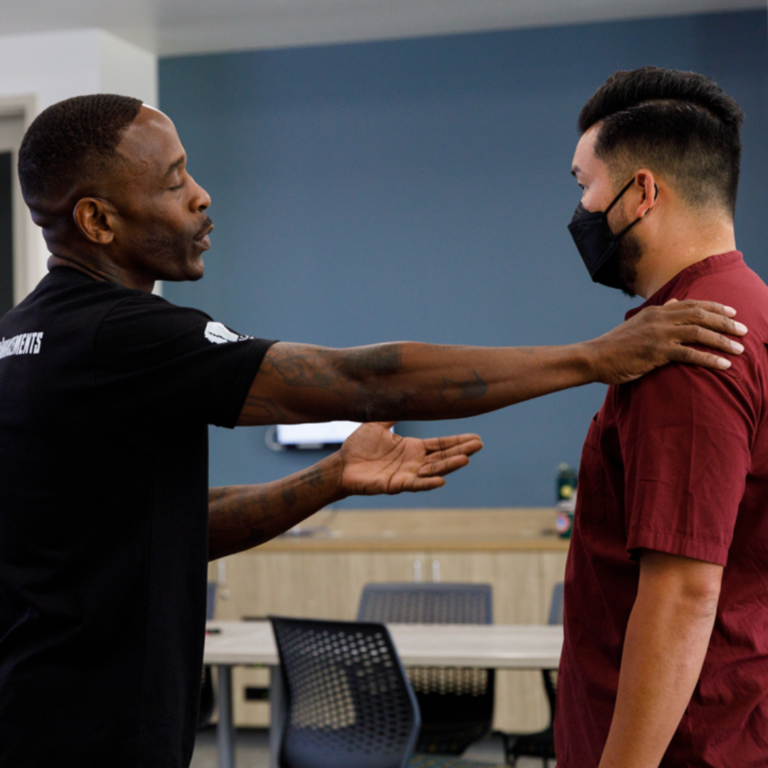
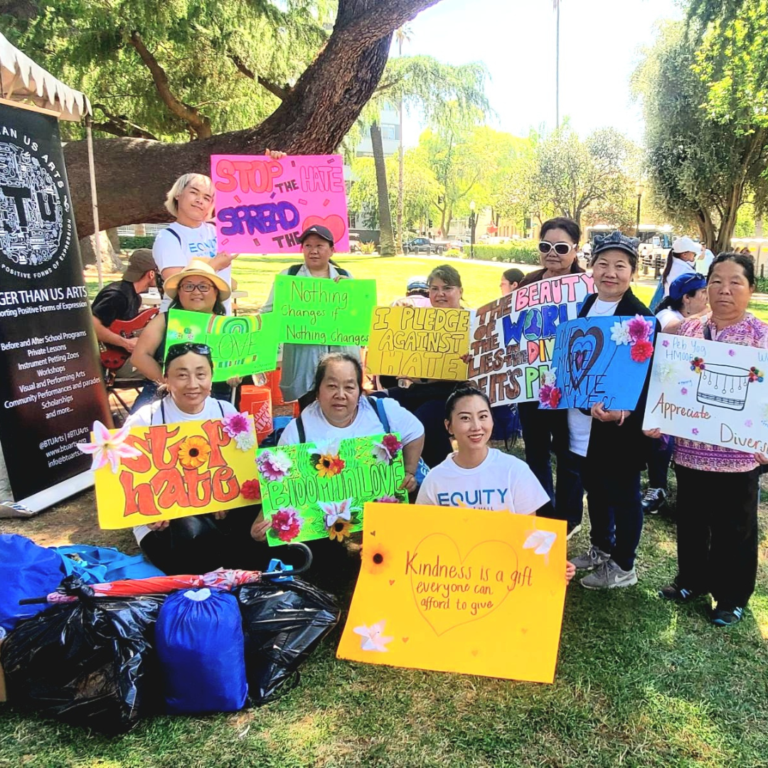
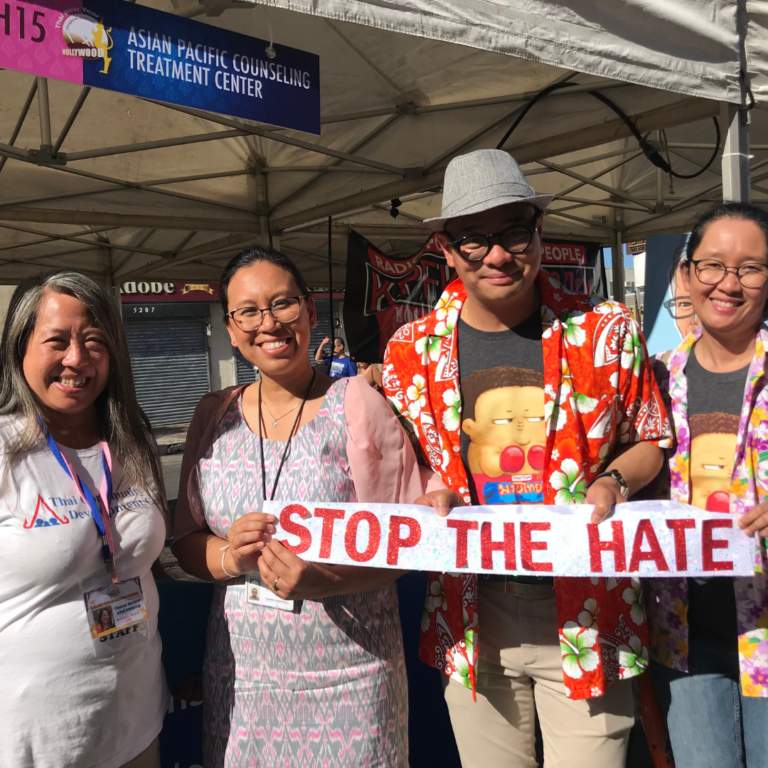
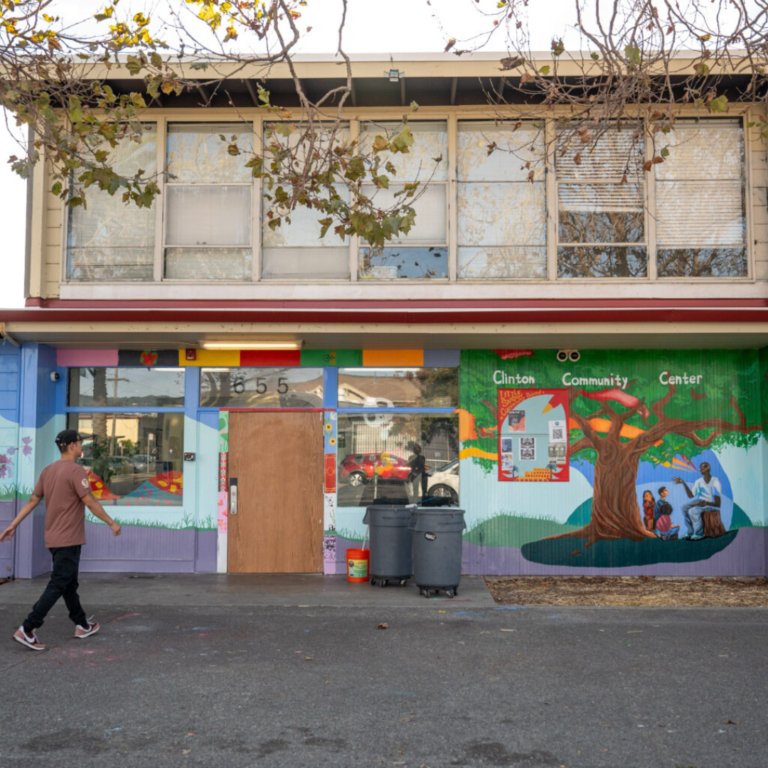
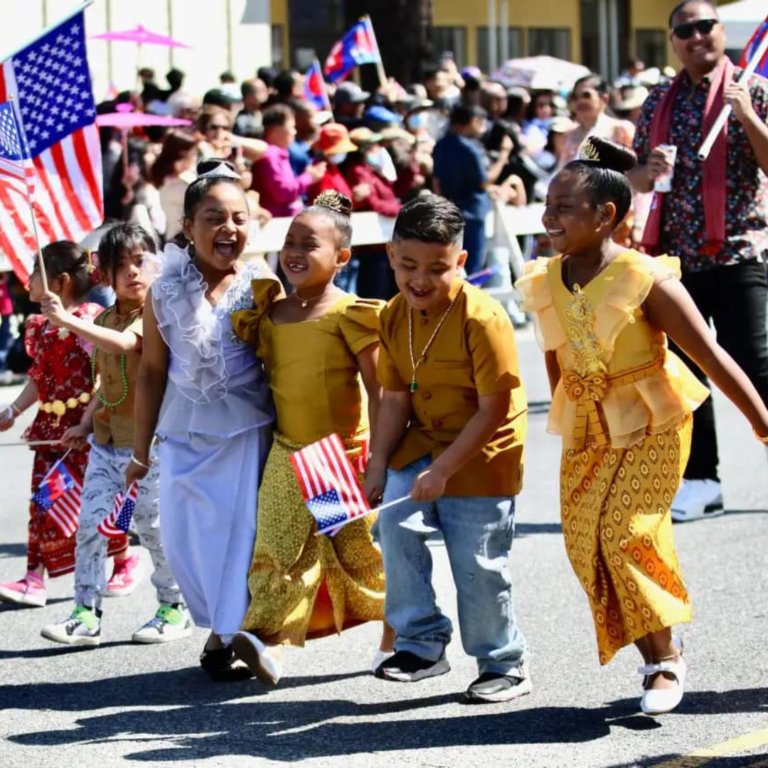
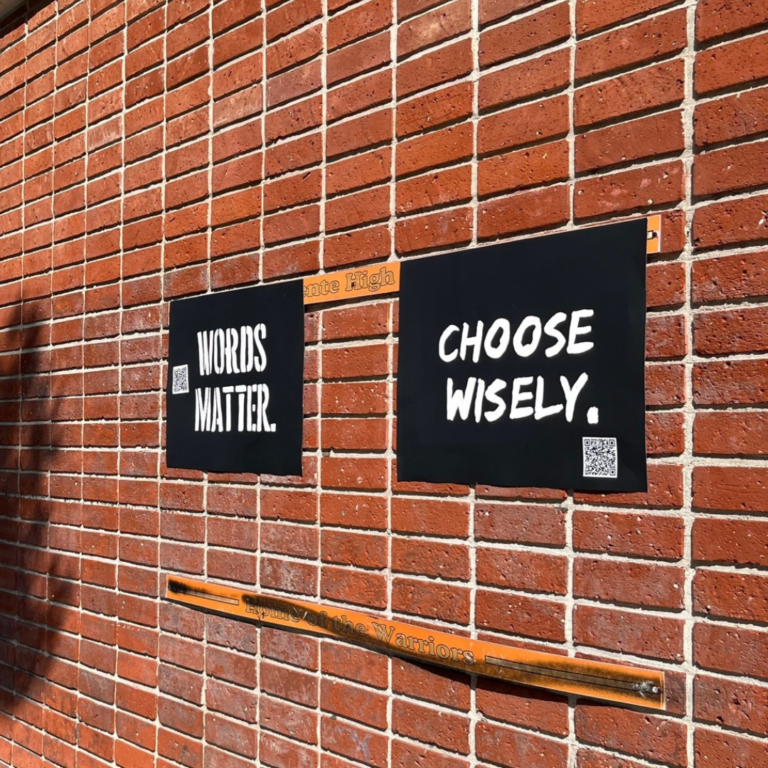







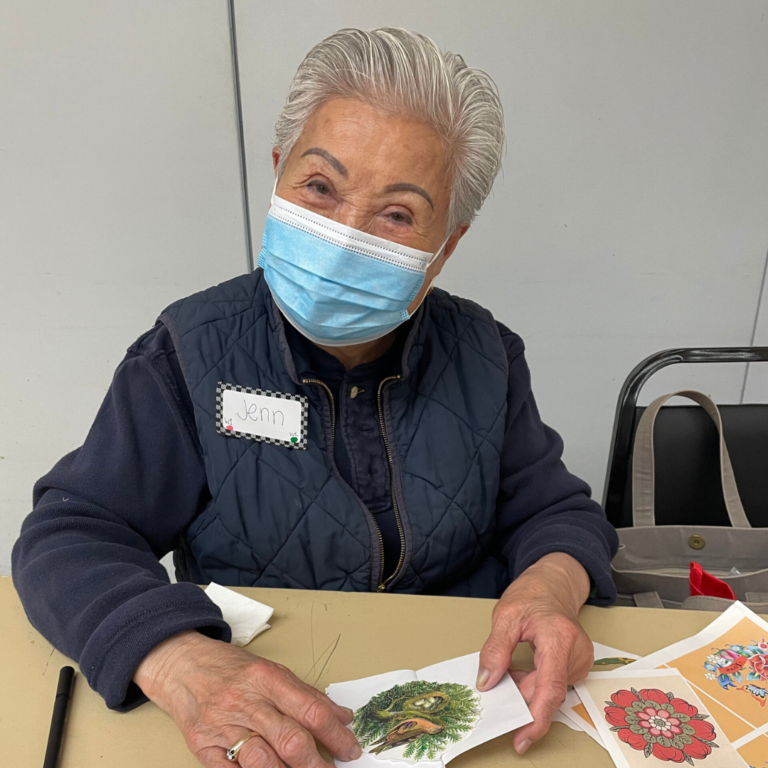
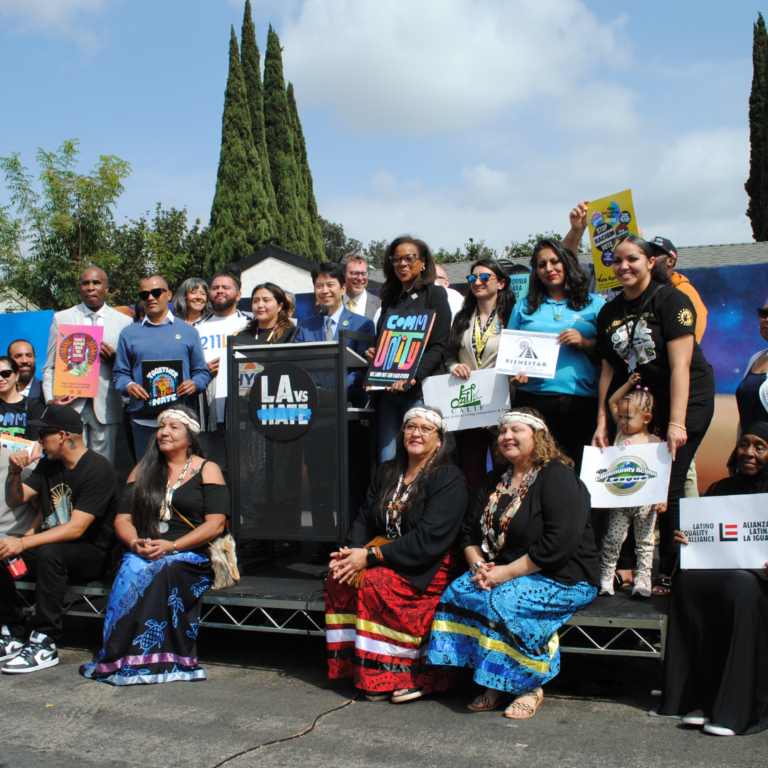
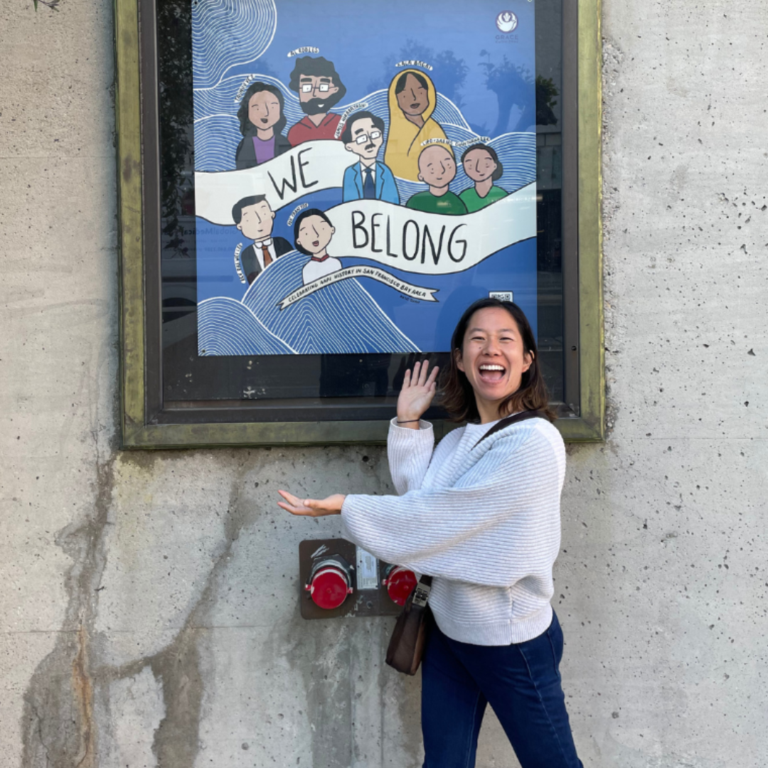
Brenda, a Hispanic mother, was steps from her door when the attack came from behind. She crumpled under the blows, her attacker’s words echoing the racist hate, “Making America great again, one b*aner at a time.”
The hospital released her, but the fear she felt in her own neighborhood was overwhelming. Her injuries kept her out of work for weeks. The trauma from the assault lasted much longer. But Brenda did not surrender to hate.
The YWCA of San Diego County became a lifeline, providing safety planning, financial assistance, and critical resources. With their help, Brenda began to heal.
It was a difficult journey, but Brenda is back at her job and continues working through the lingering distress and trauma. She’s finally walking in her neighborhood again, and it’s beginning to feel like home once more. Grateful for the support she received as she recovered from this horrific incident, Brenda shared, “Thank you, YWCA, I have a renewed hope for humanity and I know that joy, safety, and peace are still possible.”
“Ch-ng, Ch-ng, you’re dumb for an Asian. Go back to China, Kim Jung Un!,” Kris heard while walking home from school. Class bullies were taunting her again. As a Cambodian-Filipino American high school student, Kris was often targeted for being Asian. She developed anxiety and felt “less than,” so she isolated herself and avoided social contact at school.
When she came across EM3, Families in Good Health’s youth program, Kris received help to heal and grew comfortable in her own skin and identity. Empowered, Kris now shares her story about overcoming bullying at her club meetings and community events. “Knowing that people are listening and suggesting ways for change gives me hope for the future.” Kris no longer feels anxious at school and is confident that her generation has the power to end hate.
Ellis, an elderly Afghan man who speaks limited English, was riding the bus in Sacramento. A passenger yelled: “Learn English if you want to be here! Otherwise, go back to your country!” Ellis was confused and scared, when suddenly a bystander, James, stepped in to deescalate the situation. He referred Ellis to Lao Family Community Development (LFCD) where James himself had learned how to intervene in situations like this.
Ellis learned about his rights, how to identify hate, and what to do in the future. He shared his story and realized he wasn’t alone in his experience. Feeling grateful, he shared, “I didn’t know there were people who cared so much about helping someone like me. Now I feel safer and more prepared.”
14-year-old Mahmoud asked his teacher, Mrs. Daniels, about an after-school learning program when she referred to him as a “little terrorist”. Astonished, he told Mrs. Daniels her remark was racist, but she laughed it off, saying it was a joke from her favorite movie. This was the first time a racist comment came from a trusted adult, leaving Mahmoud feeling unsupported and unsafe.
AccessCal provided Mahmoud with counseling to affirm his feelings and help him work through his anxiety. The healing journey is still ongoing, but with AccessCal’s support, Mahmoud is beginning to feel more grounded and confident.